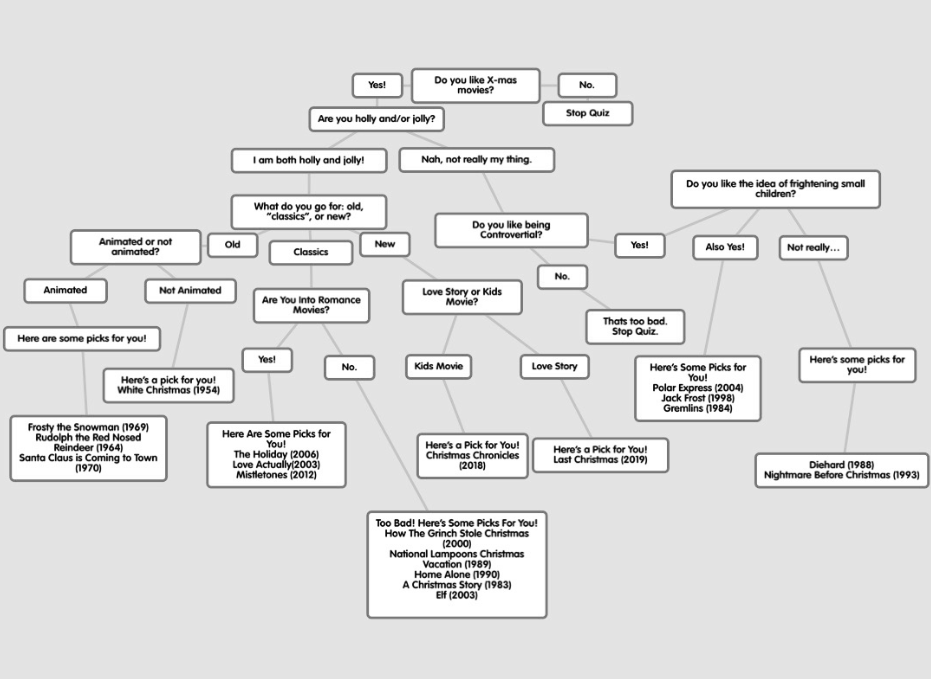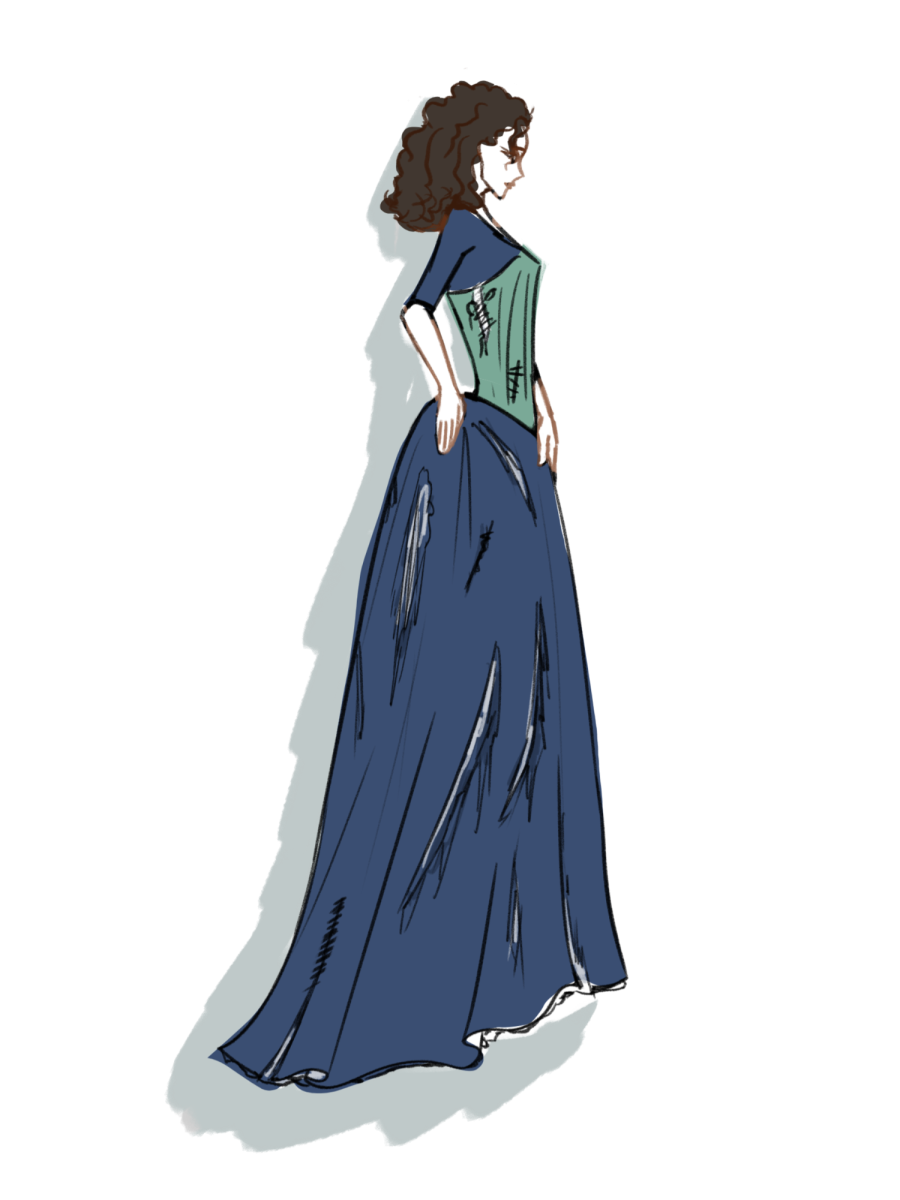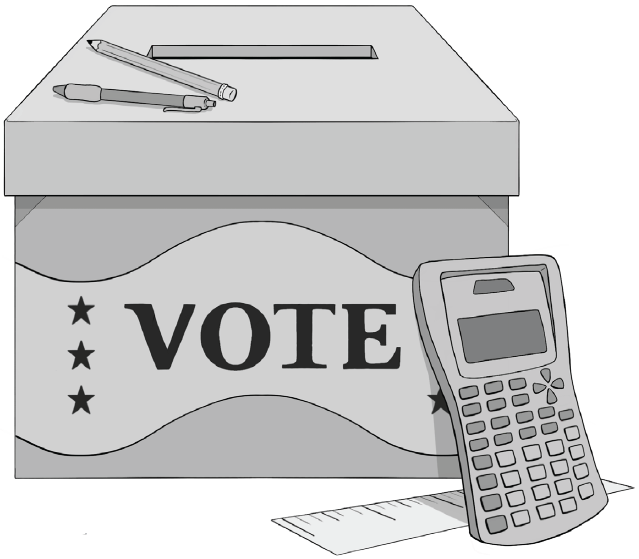Over half of Americans have an unfavorable opinion of the Supreme Court in 2023. After the overturning of Roe v. Wade and affirmative action, it is unsurprising that 60% of Democrats believe the age-old institution has too much power. 60 years ago it was the liberal Warren Court angering conservatives with its pro civil rights decisions. This volatile public opinion reflects the true nature of the Court itself, not as a firm and impartial legal entity, but as an undemocratic, inconsistent, and glaring weakness in the American government.
Supreme Court justices are not elected by the people. Handpicked by the president and approved by the Senate, the constitution outlined their jurisdiction but does not contain their infamous power of judicial review. Judicial review allows for the invalidation of legislation on the basis of its interpreted unconstitutionality. The Court granted itself the power to do so in the case of Marbury vs. Madison in 1803. Founding father Thomas Jefferson reacted to the Marbury decision with outrage, writing in a letter “to consider judges as the ultimate arbiters of all constitutional questions is a very dangerous doctrine,” declaring a country with such a court as under the “despotism of an oligarchy”.
Joseph Douglass, ‘24, says “it feels out of order with democracy in theory to have a position that is so influential directly in the lives of Americans that isn’t elected by the people.” Owen Bussleberg, ‘25, agrees, saying “the Supreme Court has too much power and uses it in a way that doesn’t represent our democracy.”
This “oligarchical” system persists today, resulting in a judicial system made up of nine unelected people able to regularly overturn popularly enacted laws. They may also nullify past Court decisions. In the case of Roe vs. Wade, a conservative president who lost the popular vote was able to pack the Court with three conservative justices, who then were able to make a decision that 62% of the population disapproved of. The reasoning behind their decision illustrates a conflict as established as the Court itself: the method in which to interpret the constitution.
Many justices adhere in some way to the concept of originalism. Trump-appointed ustice Neil Gorsuch describes the doctrine as “focusing backward…looking to text and history to decide what a reader at the time of the events in question would have understood the law to be.” Originalists interpret the document through the perceived intent of the authors and are thus not obligated to respect past decisions which gave people new rights.
Underpinning the overturning of Roe v. Wade was the originalist idea that abortion is not “rooted in our Nation’s history and tradition” and is never explicitly protected, thus it can be overturned. In ignoring the “right to privacy” precedent, the conservative Court could overturn gay marriage or even interracial marriage. Regardless if this would realistically happen, the fact that this level of power is held by an unelected body makes it a possibility, is terrifying.






































